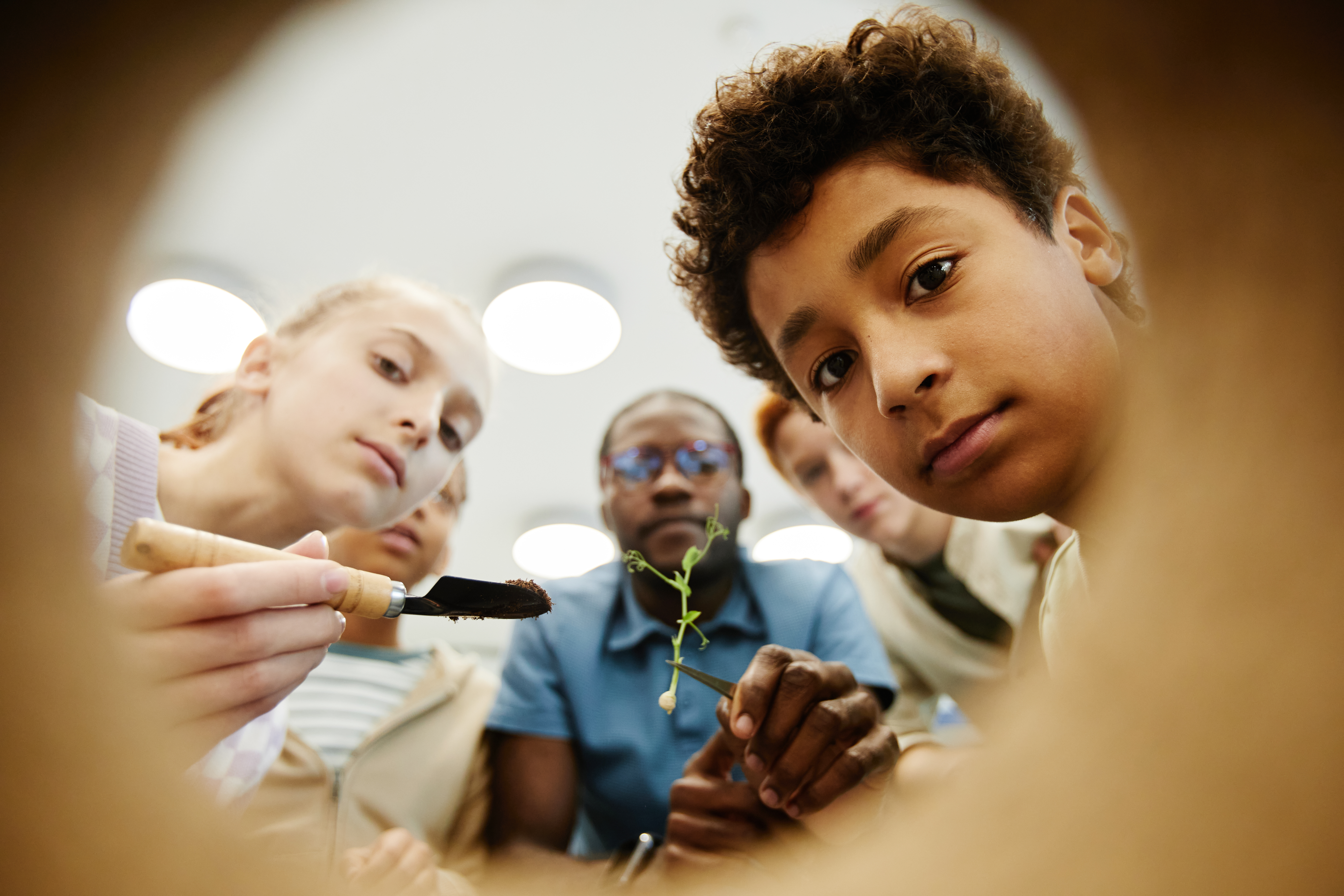Beyond the Classroom: The Limitations of Public Education

Public education is a cornerstone of our society. It provides access to education for all children, regardless of their economic status, race, or gender. However, in recent years, there has been growing concern that public education is not enough. In this blog, we will explore some of the reasons why public education may fall short and why additional resources, such as tutoring, are necessary.
1. Limited Resources
One of the biggest challenges facing public education is limited resources. Public schools are often underfunded and lack the resources necessary to provide a quality education. This can lead to overcrowded classrooms, outdated technology, and a lack of individual attention for students who may be struggling.
2. Standardized Testing
Another issue facing public education is the emphasis on standardized testing. While testing can provide a measure of a student's academic progress, it can also be detrimental to learning. Teachers may feel pressure to "teach to the test," which can limit creativity and critical thinking.
3. Unequal Access to Education
Despite the promise of equal access to education, the reality is that many children from disadvantaged backgrounds face significant barriers to learning. This can include limited access to technology, a lack of support at home, and poor quality schools.
4. Lack of Individual Attention
Public schools are often unable to provide the individual attention that some students need to succeed academically. With overcrowded classrooms and limited resources, teachers may not have the time or resources to provide individualized support to each student.
Why Tutoring is Necessary
Tutoring can help address some of the shortcomings of public education by providing additional resources and individual attention. Here are some ways tutoring can help:
1. Personalized Attention
Tutors provide one-on-one attention that can help students stay engaged and motivated to learn. They can work at the student's pace and adjust their teaching methods to suit the student's learning style and needs.
2. Additional Resources and Support
Tutors can provide additional resources and support to help students catch up and stay on track. They can provide feedback and guidance on homework and assignments, which can help students improve their academic performance.
3. Accountability and Feedback
Tutors can also provide accountability and feedback. They can help students set goals and monitor their progress, providing positive feedback and encouragement along the way.
4. Improved Confidence and Self-Esteem
Tutoring can also help improve students' confidence and self-esteem. By providing a supportive and encouraging learning environment, tutors can help students overcome their challenges and succeed academically.
In conclusion, public education is an essential component of our society, but it may not be enough to meet the diverse needs of all students. Tutoring can provide the additional resources and individual attention necessary to help students overcome their challenges and succeed academically. By investing in tutoring, we can help ensure that all students have the opportunity to reach their full potential.
